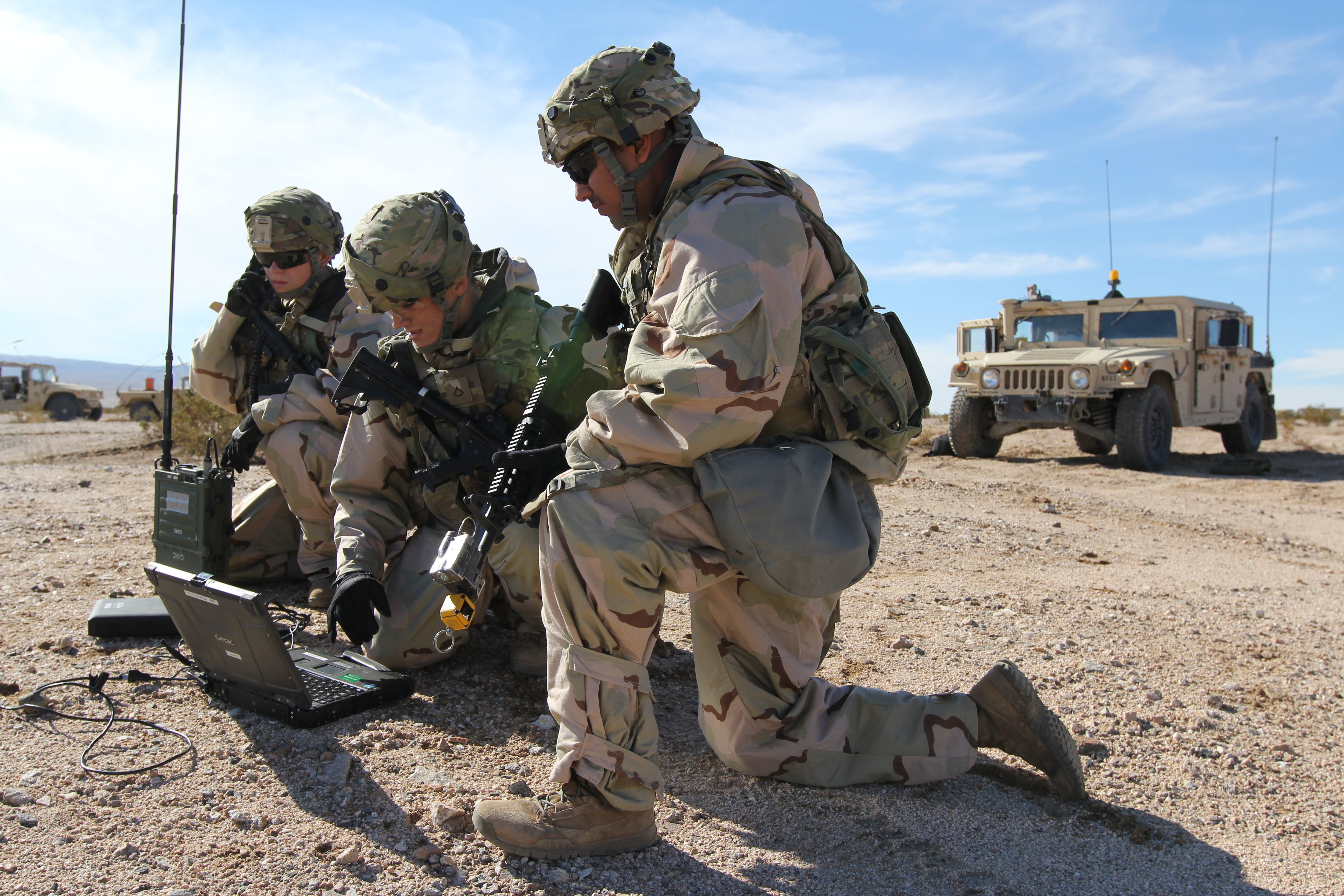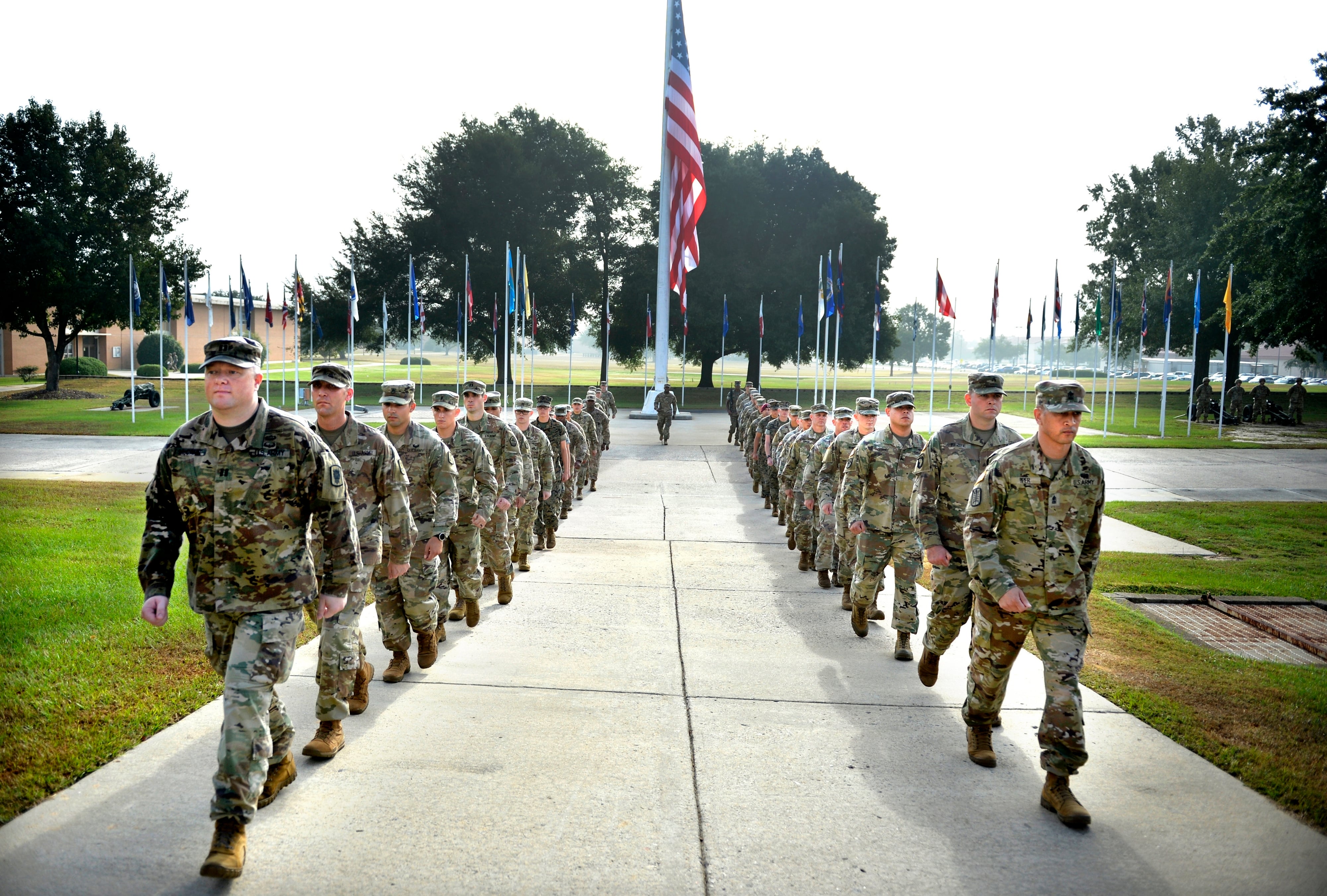BELCAMP, Maryland — As the Army builds its cyber and electromagnetic spectrum forces and capabilities, it has leaned heavily on lessons from operations in Ukraine and other theaters.
The Army is paying close attention to writings that came out of the conflict between Russia and Ukraine, Lt. Gen. Stephen Fogarty, commander of Army Cyber Command, said Tuesday at the Cyber and Electromagnetic Activity conference by the Association of Old Crows. “We’re actually trying to discern what lessons learned we need to draw from this, what conclusions that we need to draw that will shape investments both in organization and equipment and capabilities and TTP [tactics, techniques and procedures] as we move forward.”
Three years ago, the Army announced it was creating the 915th Cyber Warfare Battalion, the result of a pilot program to build tactical cyber and electromagnetic teams to augment brigades with additional capabilities depending on their specific needs in this realm.
The vision is to create a total of 12 expeditionary cyber and electromagnetic activities teams that will help plan tactical cyber operations for commanders and conduct missions in coordination with deployed forces.
Army Cyber Command has built the first of these teams, and while the unit participated in some training events, the service will test the team this summer as part of the broader Defender Pacific 2021, Fogarty said at the CEMA conference.
However, he warned of a long journey to create the teams, which likely will go through many changes in makeup and equipment before the Army assembles all 12.
“Formations will evolve so by the time we get to ECT 12 [expeditionary CEMA team], what I predict is ECT composition may look very different than what it looks like today,” Fogarty said. “I think equipment will be very different than what it looks like today. In some cases, authorities that we have might be very different.”
The Army’s work so far has drawn on experiences in other countries, and cyber personnel deployed in Afghanistan and Iraq have used that information, adding to the knowledge base for building the expeditionary cyber teams.
“This is going to be the start of a campaign of learning for us. We’re going to try out a series of ideas that we had,” Fogarty said. “Much of it has been influenced by the lessons learned that we derived from operations in the Ukraine and then most recently the operations in Armenia.”
Even at this early stage, the Army will adapt teams to the region and brigade they support. When helping with commanders’ different requirements, the teams will provide capabilities from Army Cyber’s four-pronged mission: operate, defend, attack and influence.
“What we assess is that based on who we’re going to support, where they’re going against competitors or adversaries that we will tailor that package. It might be heavy on influence to support one command, it might be heavy on cyber — either defensive or offensive — for another commander,” Fogarty said.
Mark Pomerleau is a reporter for C4ISRNET, covering information warfare and cyberspace.





